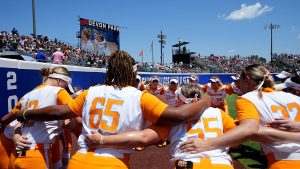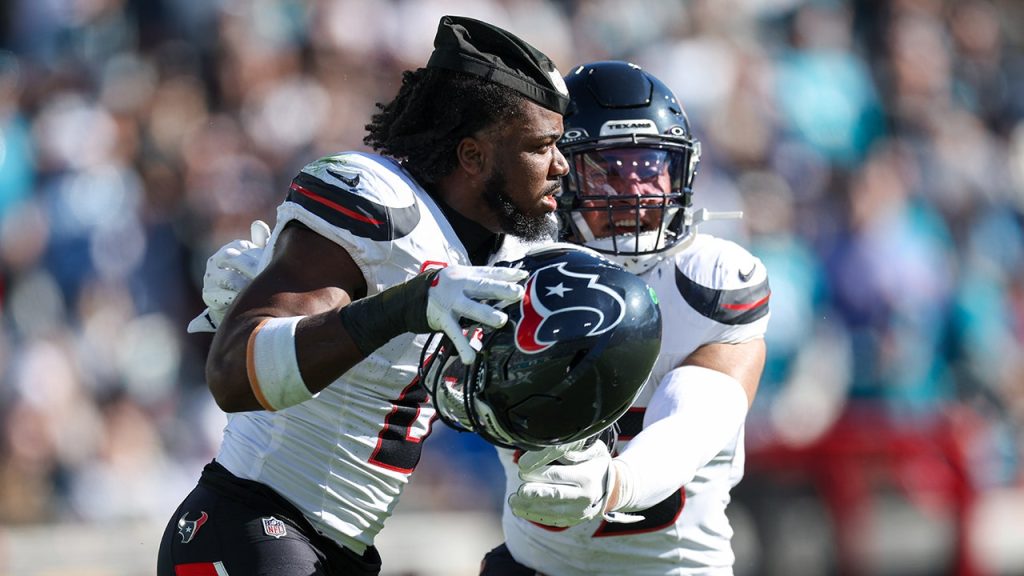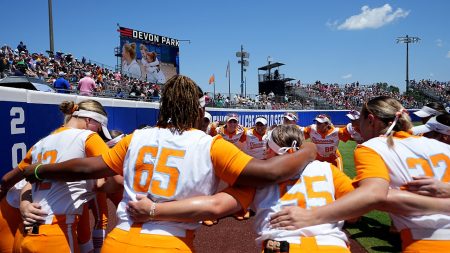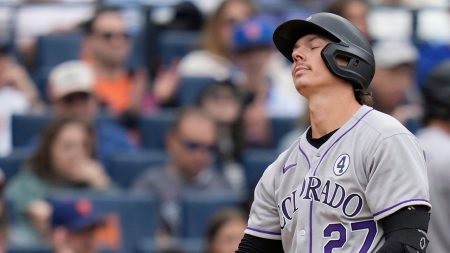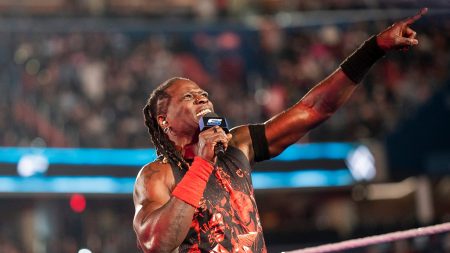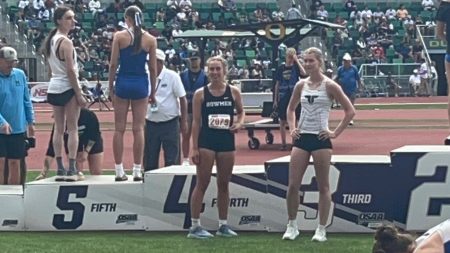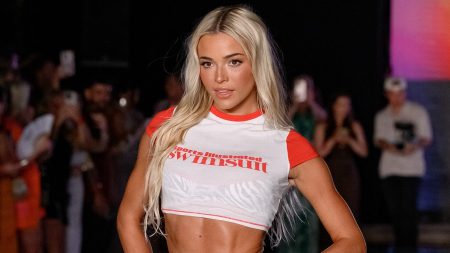Houston Texans linebacker Azeez Al-Shaair recently faced scrutiny for a hit he delivered to Jacksonville Jaguars quarterback Trevor Lawrence, which left Lawrence with a concussion. Al-Shaair, addressing the criticism, emphasized that he has always played the game with a spirit of competition rather than malice. In a statement, he expressed his intention to play hard while wishing for the safety and well-being of his opponents. He acknowledged that the incident occurred rapidly, stating he did not see Lawrence attempting to slide until it was too late. Al-Shaair conveyed genuine apologies to Lawrence, underlining his respect for him as a player and the admiration he holds for the sheer effort they put into their careers.
The aftermath of the hit led to significant backlash, with some labeling Al-Shaair’s actions as “dirty.” He recognized the anger of Lawrence’s teammates, understanding their instinct to defend a fellow player in such situations. During the chaotic moments of the game, an ensuing brawl led to Al-Shaair’s ejection, alongside Jacksonville’s cornerback Jarrian Jones. The event sparked intense discussions regarding player safety and the nature of hits in football, which often evoke strong reactions from both fans and players alike.
In his public response to the criticism, Al-Shaair also took the opportunity to address negative comments he received unrelated to the hit. He highlighted instances of racist and Islamophobic remarks directed at him, criticizing the media and fans for misunderstanding his character and intentions. He firmly stated that he does not feel the need to prove himself to anyone, emphasizing that his actions on the field stem from a place of competitiveness rather than ill will. His message resonated with those who understand the pressures of public scrutiny athletes face, particularly in contentious situations.
Trevor Lawrence took to social media to provide an update on his health after the hit, expressing gratitude to his supporters and confirming that he was feeling better. Lawrence’s ability to speak about the incident following the game illustrated the ongoing discourse about player safety and the ramifications of aggressive plays. The support he received from fans demonstrated the importance of community in sports, showcasing how individuals rally around athletes during challenging times.
The incident not only highlighted Al-Shaair’s perspective but also sparked conversations regarding the broader implications of tackling and hitting in football. As the NFL continues to navigate rules intended to protect players, reactions from teams and fans are crucial in shaping how such incidents are perceived. The continued evolution of player safety regulations often faces scrutiny in the wake of high-impact plays, pushing the league to reassess existing policies while attempting to preserve the game’s physical nature.
In summary, Azeez Al-Shaair’s controversial hit on Trevor Lawrence brought significant attention to the challenges athletes face regarding safety and fan perception. Through his remarks, Al-Shaair sought to clarify his intentions, affirming that he never aims to injure opponents. The duality of competition—striving for success while ensuring the safety of fellow players—is a complex balance that every professional athlete must navigate. The fallout from this incident serves as a reminder of the responsibilities players hold, the importance of empathy on and off the field, and the role of fan engagement in sports culture.

